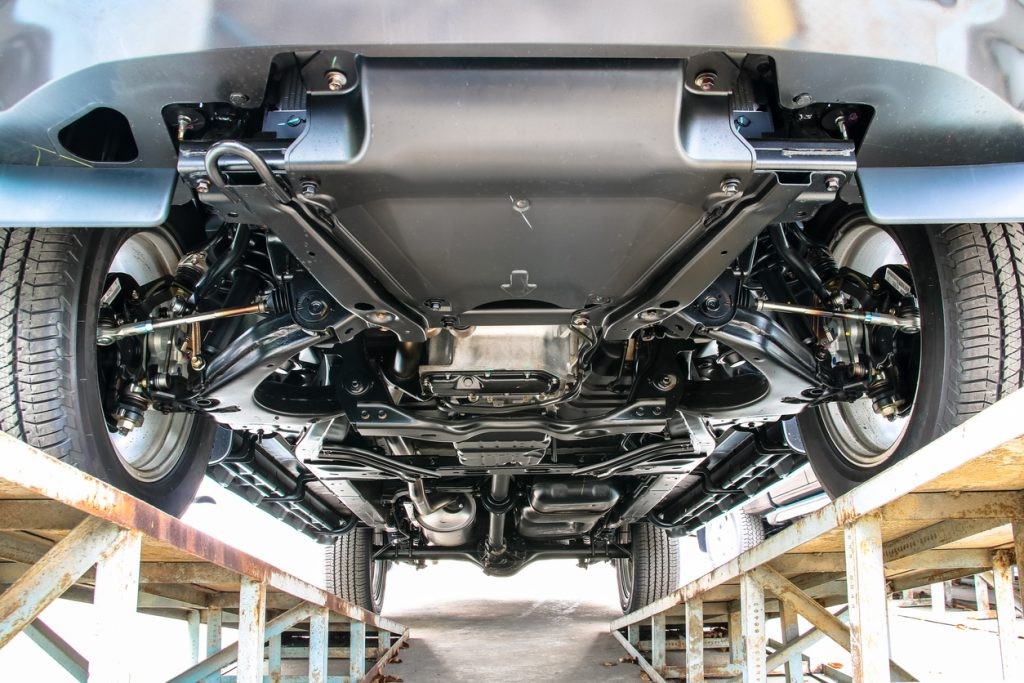Cars are complex machines made up of thousands of parts, each playing a crucial role in its operation. While some components are relatively inexpensive to replace, others can carry a hefty price tag. When considering vehicle maintenance or repairs, understanding which parts are the most expensive can be incredibly useful. Let’s delve into some of the most costly components you might find in your car.

Catalytic Converter: A Hot Target for Thieves
The catalytic converter is often cited as one of the most expensive car parts, and unfortunately, for reasons beyond just replacement costs. These devices are notorious targets for theft due to the precious metals they contain, such as platinum, palladium, and rhodium. These metals are highly valuable, and the converters can be quickly and discreetly removed from vehicles, making them a lucrative target for criminals. If your catalytic converter is stolen, not only do you face the inconvenience and repair costs, but also the potential for increased insurance premiums.
Typical Replacement Cost: £1,000+
Engine: The Heart of Your Vehicle and Your Wallet
It goes without saying that the engine is the most critical component of any car. It’s the powerhouse that provides the motion and functionality of your vehicle. Replacing an engine is a significant undertaking, both in terms of labor and parts costs. Engine theft is less common due to the complexity of removal, but engine damage is a more frequent issue. Various factors can lead to engine failure, from accidents and lack of maintenance (like using the wrong oil or neglecting oil changes) to severe conditions like hydrolocking from driving through deep water. Even normal wear and tear over time can necessitate an engine replacement or major overhaul.
Typical Replacement Cost: £4,000+
Clutch: Essential for Manual Transmissions
For vehicles with manual transmissions, the clutch is a vital component that enables gear changes by disengaging the engine from the transmission. Each time you shift gears in a manual car, the clutch is engaged. Over time, clutches wear out due to friction and use. Symptoms of a worn clutch include a high bite point, difficulty shifting gears, and clutch slippage, where the engine revs but the car doesn’t accelerate properly. Replacing a clutch involves significant labor as it requires separating the engine and transmission, making it a relatively expensive repair.
Typical Replacement Cost: £1,000+
Head Gasket: Sealing the Engine’s Core
The head gasket is a critical seal within the engine that sits between the engine block and the cylinder head. Its crucial function is to prevent coolant and oil from mixing, while also sealing the combustion chamber for efficient engine operation. If the head gasket fails, it can lead to a variety of serious engine problems, including coolant leaks, oil leaks, overheating, and even engine damage from coolant mixing with oil. Replacing a head gasket is a labor-intensive job that requires dismantling part of the engine, contributing to its high cost.
Typical Replacement Cost: £1,500+
While these components represent some of the most expensive parts to replace, it’s important to remember that any significant car repair can be costly. If you’re facing a major component failure and the repair costs are daunting, it might be worth considering alternative solutions. If the cost of repair outweighs the vehicle’s value, selling your car for scrap or salvage could be a practical option. Companies like BMS Salvage specialize in purchasing damaged vehicles, offering a hassle-free way to dispose of your car and potentially recoup some value. For a free, no-obligation quote for your vehicle, contact BMS Salvage today at 023 8000 8800. They even offer free collection of your vehicle, making the process as convenient as possible.